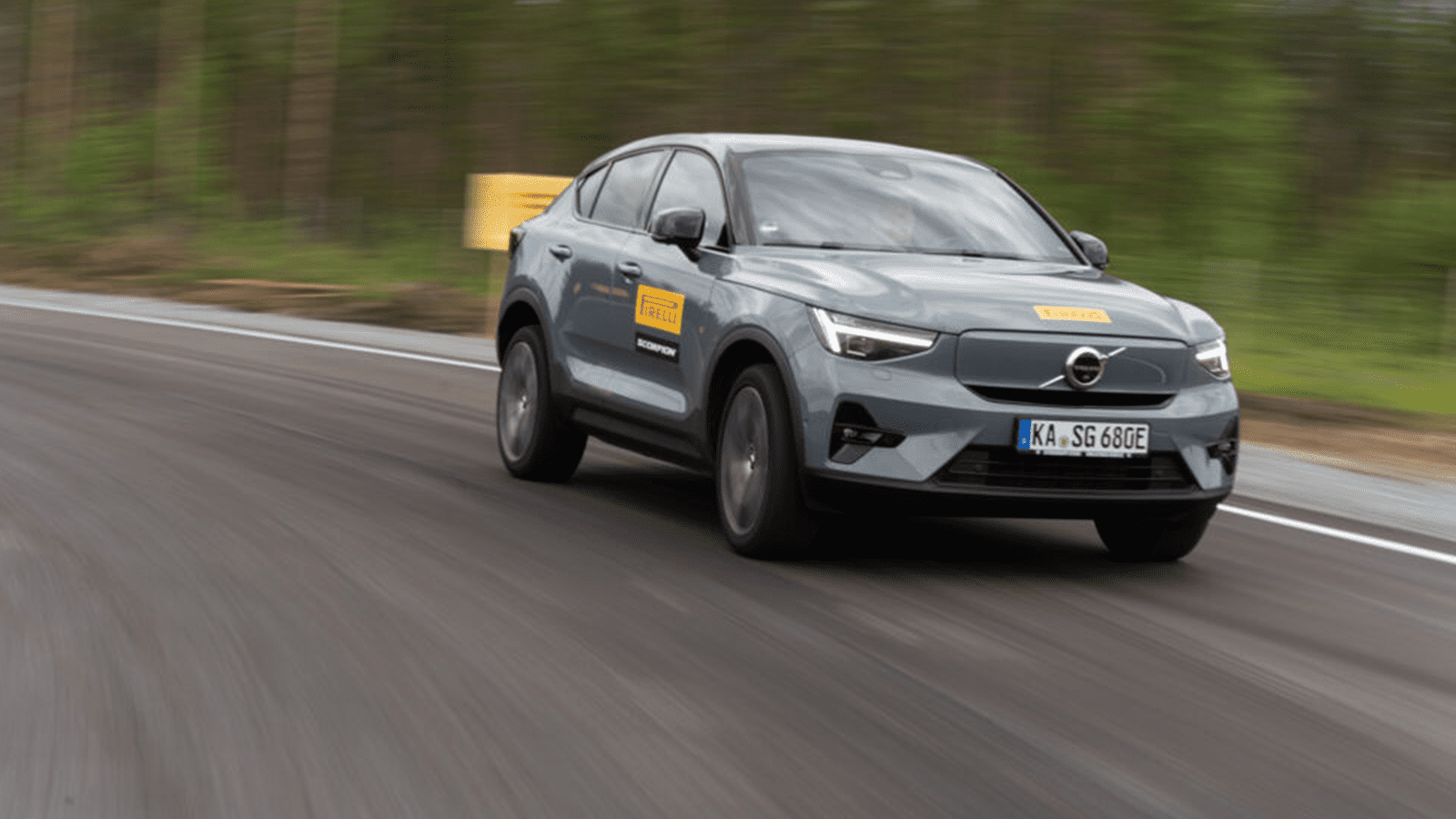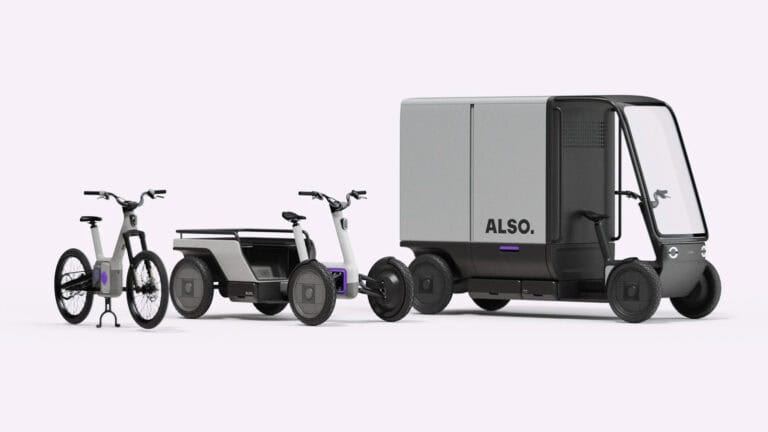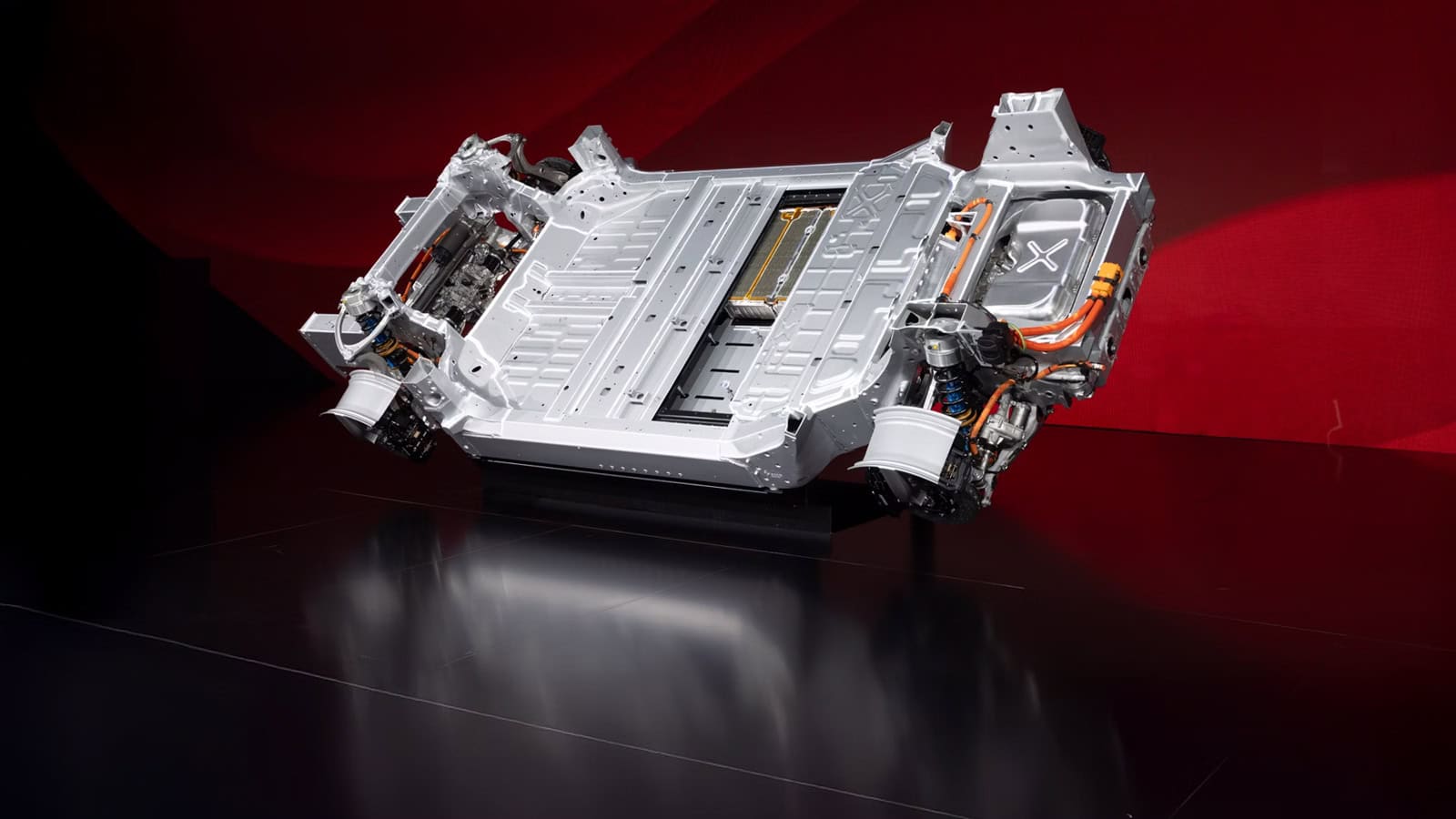One thing you might not have thought about is how your tires matter when you’re driving an EV. Sure, you still have to think about factors like traction and tread wear, but EVs have special needs when it comes to the rubber they’re riding on.
Weight
First off, you need tires that can handle the sheer weight of your EV. Yes, the carmaker is saving mass by not using an internal combustion engine, but the batteries can add 1,000 lbs or more to a car, making EVs far heavier than ICE vehicles. If you drove your EV on regular ICE tires, they would wear out so much more quickly.
Specialized EV tires are built to withstand a heavier load because they’re made to be stiffer. That stiffness has an added bonus of giving the car better handling and steering response because the tires are less squishy.
Traction
One of the most fun things about EVs is the instant torque. But just like driving an EV in winter, that sudden torque to your tires can really mess up your traction if you’re not using the right tires for the job. Plus, you also need to think about being able to stop all that extra weight.
Once again, the stiffness of specialized EV tires comes into play here. The stiff build and wide center rib pattern works to reduce potential slippage, and other technologies like seamless bead wires, folded edge tape, and high-strength steel belts create a robust internal structure that keep these tires rigid and grippy where they need to be.
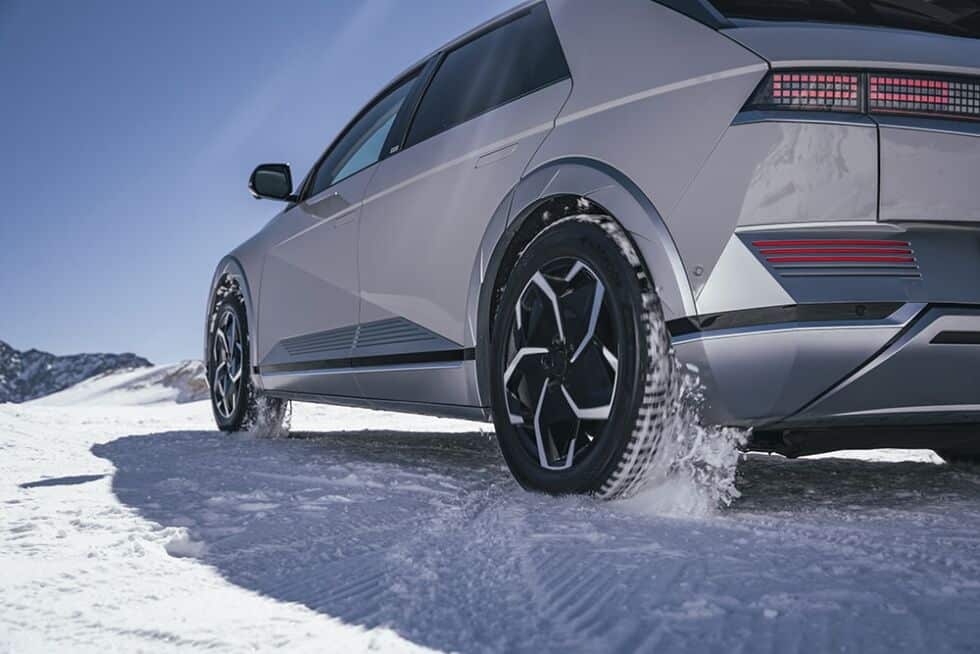
Noise
One easily forgotten perk of driving an ICE vehicle is that the sound of the engine hides general road noise — with a quiet-running EV, though, you get to hear all of the tire noise now. EV tires need to reduce that road noise to keep drivers and riders comfortable.
Some EV tires actually have foam inside of them to offer some insulation between the rubber and the metal wheels. Tread pattern is also important, with expanding lateral grooves that start narrow and expand toward the outside of the tire to let water escape while preventing noise from doing so. In addition, the tire’s side grooves are unevenly spaced, and this multi-tone sequencing interrupts the constant rhythmic nature of tire noise.
Now, all of these factors do add up to mean that EV tires are expensive. But it also means that the research and experimentation into how to make tire technology better for EVs continues on. Perhaps we’ll move toward airless tires in the future. Who knows?
But what we do know is that, for all of these reasons, make sure you always have the proper tires on your EV for the best drive possible.
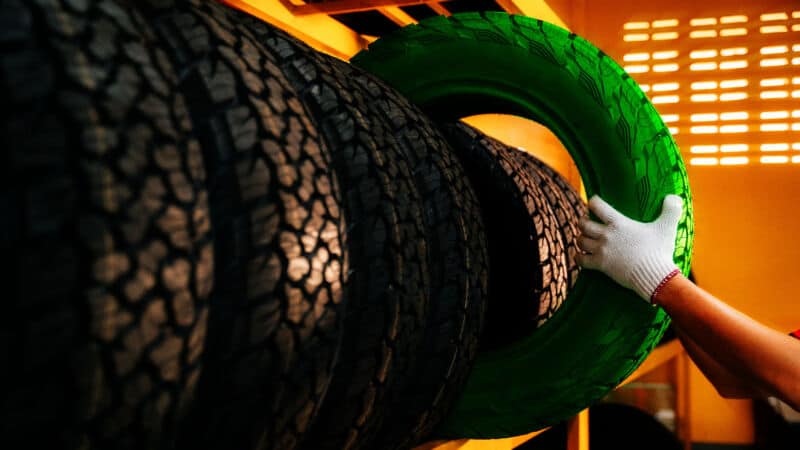

SOURCE | IMAGES: ARSTECHNICA
FTC: We use income-earning auto affiliate links. Learn more.


